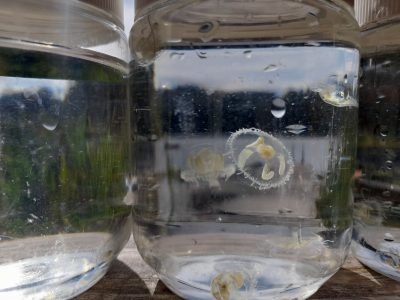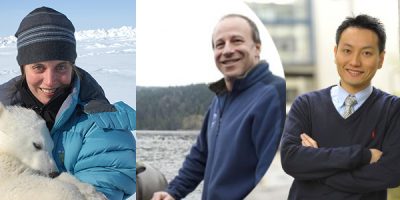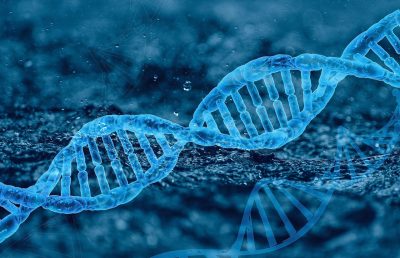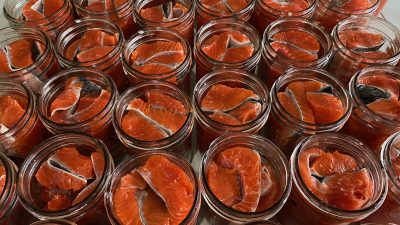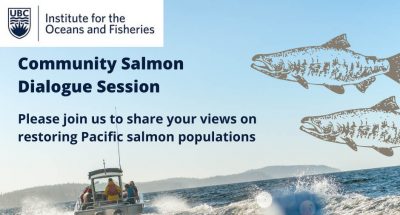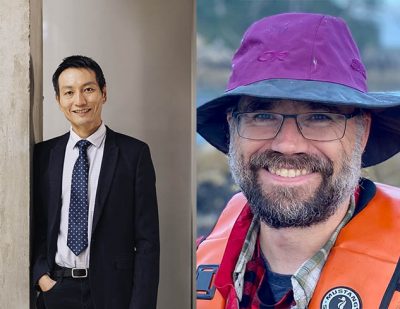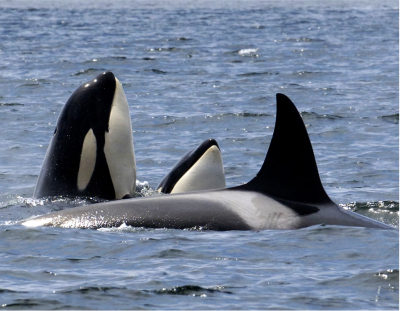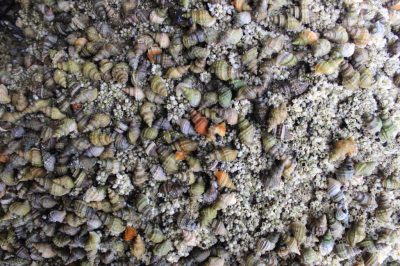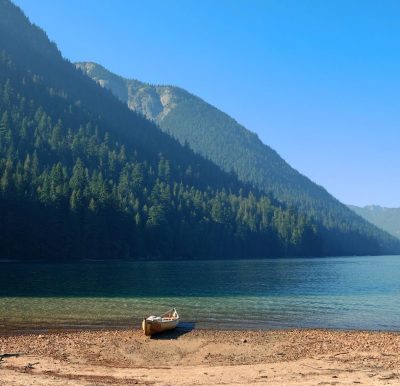IOF Field Trip Recap: Chilliwack Lake
A huge thank you to everyone who joined us on our incredible field trip to Chilliwack Lake on September 11th! The day was filled with exploration, learning, and stunning views of BC’s freshwater ecosystems.
Thousands of jellyfish clones are multiplying in B.C. lakes
An invasive, freshwater jellyfish is popping up in B.C. waters in the thousands – up to 34 places so far – and future sightings could increase rapidly by the end of the decade as climate change extends this range.
IOF faculty members receive funding from Government of Canada
Dr. Marie Auger-Méthé’s Canada Research Chair in Statistical Ecology (Tier II) was renewed, and she, along with Dr. William Cheung and Dr. David Rosen received NSERC Discovery Grant funding.
Pelagic Ecosystems Lab wins BC Conservation & Biodiversity Award
The award will fund a project to provide high resolution zooplankton biodiversity data by integrating eDNA, and the Zooscan imaging system, to establish a biodiversity benchmark for the wider BC coast.
Indigenous data sovereignty and conservation in British Columbia
A collaborative study examined the concept of Indigenous data sovereignty in the context of salmon-bearing ecosystems in BC. The authors argue that successful conservation in the face of cumulative effects and climate change will require scientists to respect and incorporate Indigenous data sovereignty.
Salmon Dialogues: JOIN US!
Have ideas on how to rebuild and restore Pacific salmon populations? IOF will host 14 Community Salmon Dialogues across BC seeking input from all community members about the future of Pacific salmon. Join us at one of these events.
Faculty members receive funding from Government of Canada
Dr. William Cheung’s Canada Research Chair in Ocean Sustainability and Global Change (Tier II) was renewed for another five years. Dr. Chris Harley’s Sentinels of Changes project was funded.
Toxic chemicals found in oil spills and wildfire smoke detected in killer whales
Toxic chemicals produced from oil emissions and wildfire smoke have been found in muscle and liver samples from Southern Resident killer whales and Bigg’s killer whales.
Your local sea snail might not make it in warmer oceans – but oysters will
The frilled dog winkle may sound like a complex knot for a tie, but this local sea snail holds clues to our warmer future, including a dire outlook for species that can’t move, adapt, or acclimate as fast as their environment heats up.
IOF students visit Chilliwack
Students from the IOF’s FISH 520 course took a fieldtrip to Chilliwack with Dr. Jordan Rosenfeld, Honorary Professor, Applied Freshwater Fisheries Research Unit (AFERU)

